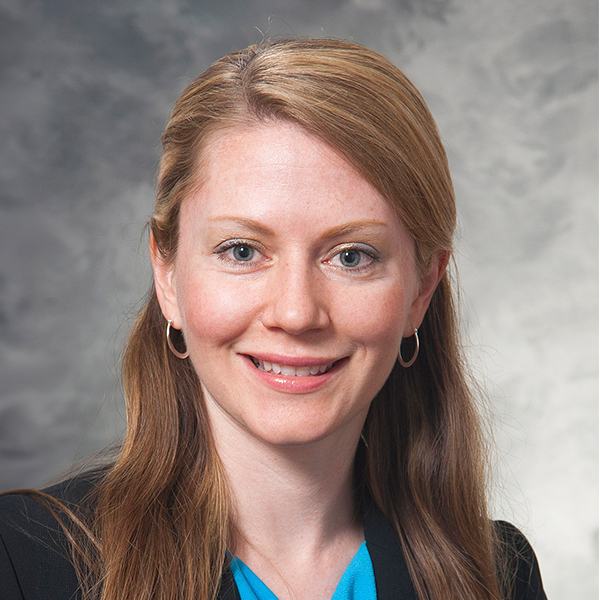Jeniel Nett awarded funding for research to combat medical device biofilms

Jeniel Nett, MD, PhD, assistant professor of medicine (infectious disease) at the University of Wisconsin School of Medicine and Public Health, is one of 17 physician-scientists in the United States to be awarded a 2017 Clinical Scientist Development Award from the Doris Duke Charitable Foundation (DDCF).
The award aims to help promising physician-scientists build their research programs so they can achieve independent careers.
The grant provides $495,000 over three years for Nett’s research program, which is investigating how the yeast Candida albicans forms sticky sheets on the surfaces of implanted medical devices. These biofilms cannot be cleared by the human immune system — unlike free-floating Candida cells, which can be attacked by white blood cells called neutrophils.
Candida biofilms on devices such as pacemakers, vascular or urinary catheters, shunts, or artificial heart valves are a serious problem that can lead to systemic infection throughout the body. Candida biofilms on central venous catheters, for example, are estimated to cause 100,000 US deaths and cost $6.5 billion each year.